Studies show that 94% of podcast listeners use their headphones to tune in. Podcasting is already an extremely intimate medium as the listener is bringing your voice into their world. More often than not, your audience will be listening alone, so it is essentially a one on one conversation. It’s important to respect this dynamic and allow the listener to feel comfortable with this proximity, whether they are listening as they go about their day or whether they have put time aside to give your podcast their undivided attention. There are two phrases that decrease the feeling of intimacy and subconsciously make the listener feel distant from you. So, of course you should avoid these at all costs.
“Hello everybody!”
The podcasting medium works best as a one-to-one exchange between podcaster and listener. Opening your episode with ‘Hello everybody!’ immediately breaks this dynamic and implies that there are lots of people listening, ruining the chance of building intimacy with your listener. Speaking as though you are only addressing a single person will ensure yor words have more impact on the listener. It will also help to create a warmer, safer environment in which your listener can digest your podcast. Instead of saying “hello everybody!”, simply say “hello!” and instead of saying “you all”, say “you.” Something that I have seen a lot is hosts using the phrase “tell the listeners out there” or “tell my listeners”, when what you should really say is “tell the person listening to this” or “tell someone who is listening to this”. However, to be safe, you should avoid the phrase altogether. You can see how the latter creates a much smaller distance between the listener and the host or guest, and brings them closer to the action. This is a very simple trick that will hugely improve the listener experience.
“This afternoon we’re going to…”
Time doesn’t exist in the podcast listening world. You cannot predict when your listener will be tuning in to your show – it may be first thing in the morning, it could be late at night. Avoid time stamping your conversation with phrases that refer to the time you are recording as this can again make the episode less relatable to the listener.
The only exception is if you are referencing something that has happened either during the podcast or before or after the record. In this case, it may make sense to mention the time – but when talking about the actual conversation avoid anything related to the time of day.

